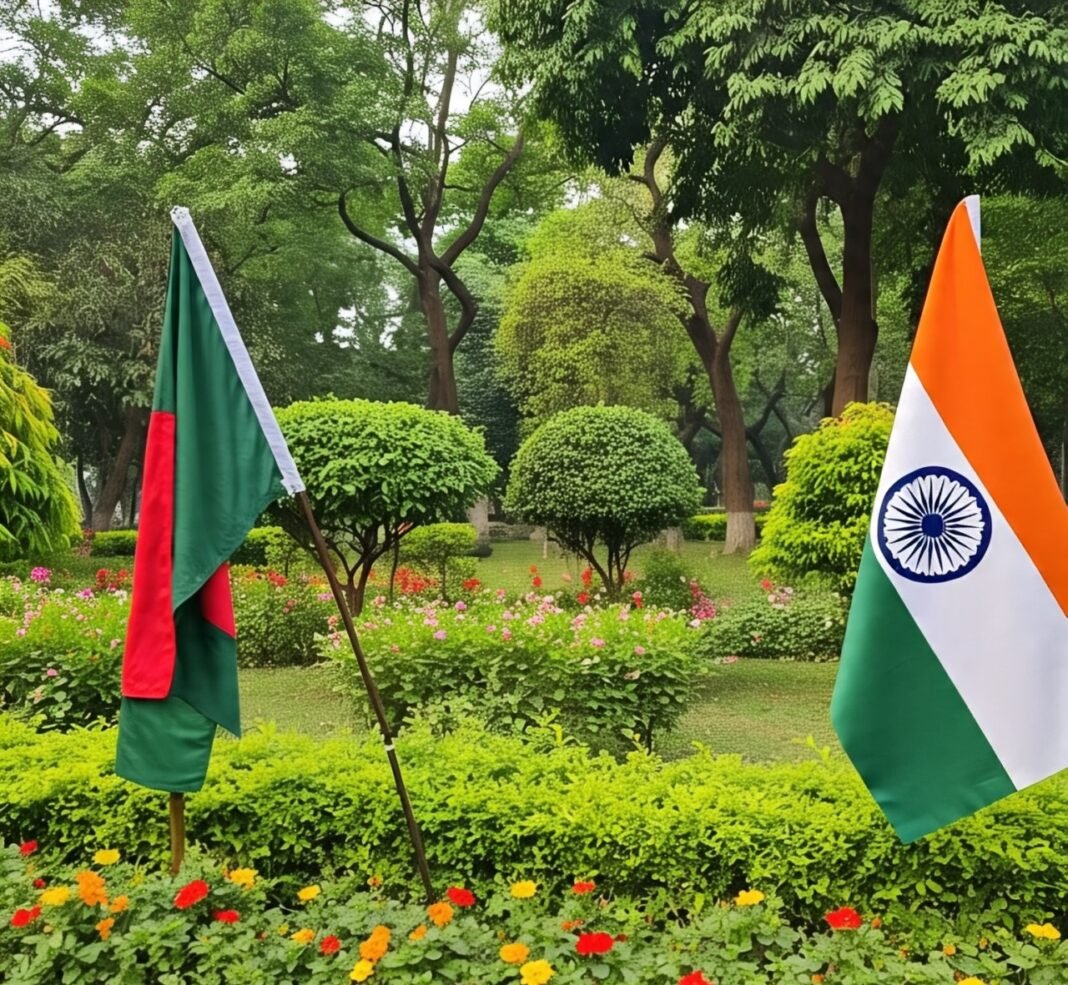Muhammad Yunus, the interim leader of Bangladesh and Nobel Peace Prize laureate, has expressed strong concerns over former Prime Minister Sheikh Hasina’s continued online communication with Bangladeshi citizens from India. According to Yunus, Hasina’s broadcasts are reigniting unrest in Bangladesh, still reeling from the political upheaval of 2024.
The Diplomatic Standoff
During a session at Chatham House in London, Yunus revealed that he personally appealed to Indian Prime Minister Narendra Modi to discourage Hasina from making public addresses aimed at the Bangladeshi populace. However, Modi reportedly brushed aside the request, citing the impossibility of controlling social media. “She’s not only residing in India, but she’s also reaching into Bangladesh via social media,” Yunus said, recounting his conversation with Modi. “If you want to host her, that’s your choice. But please don’t allow her to keep stirring emotions back home with her speeches.”
Extradition Request
Yunus disclosed that Bangladesh’s interim administration has submitted an informal diplomatic note to the Indian government, requesting Hasina’s extradition. Despite Indian officials acknowledging receipt of the communication, no formal steps have been taken. “We want the process to be legal and respectful. We’re not acting out of vengeance,” Yunus clarified. Bangladesh seeks a stable, positive relationship with India, but the situation undermines this goal.
Misinformation and Digital Influence
The interim leader alleged that much of the disinformation circulating in Bangladeshi media originates from Indian sources, potentially linked to policymakers. This misinformation makes Bangladesh “anxious and deeply frustrated,” Yunus said. Unless India curbs Hasina’s digital influence, the road to stability may remain uncertain.
Background and Context
Sheikh Hasina fled Bangladesh in August 2024 after her government’s attempt to suppress massive student-led protests resulted in a deadly crackdown. Hundreds were killed or injured, triggering a political collapse. Muhammad Yunus returned to Dhaka and assumed leadership of the interim government, working towards a democratic transition. Legal proceedings against Hasina are underway in Bangladesh’s International Crimes Tribunal, with charges including crimes against humanity linked to the 2024 crackdown.
Yunus’ Vision for Bangladesh
Despite the challenging climate, Yunus reaffirmed his decision not to participate in the next elected government. “We are here as caretakers, not politicians,” he stated. The interim administration’s focus remains on accountability, healing, and guiding Bangladesh to credible elections.
Key Developments
– Extradition Proceedings: Bangladesh’s interim administration will continue efforts to seek Hasina’s extradition following her indictment by the International Crimes Tribunal.
– Digital Diplomacy: India maintains its commitment to constitutional freedoms and digital rights, refusing to interfere with social media broadcasts.
– India-Bangladesh Relations: The situation casts a shadow over bilateral relations, with Dhaka insisting on diplomacy and legal process.








